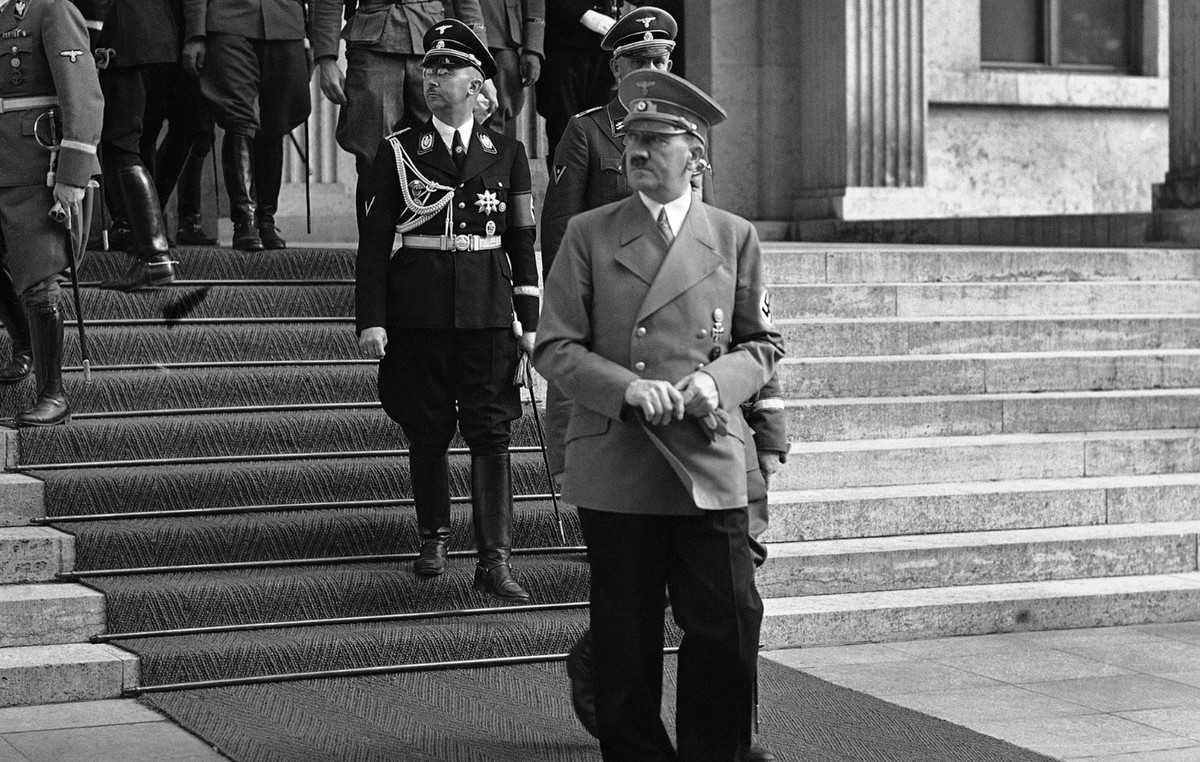Meta, the parent company of Facebook, said on Monday it had taken down dozens of fake pro-Russian accounts, groups and pages trying to spread propaganda against Ukraine as the war progresses.
Meta’s attack on the influence campaign coincided with what officials described as a separate and intensified effort by pro-Russian hackers to compromise the social media accounts of Ukrainian journalists, military leaders and government officials. The hacking campaign, attributed to an actor security researchers dubbed the “Ghostwriter,” appears to have been successful on at least some Facebook accounts, Meta said.
Both initiatives reveal how groups supporting the Russian invasion of Ukraine are trying to win the information war online, not just on Facebook, but on a range of social media platforms and websites.
Over the weekend, the company became aware of about 40 accounts, groups and pages disguised as real people, Meta said. To promote the fraud, disinformation operatives used AI-generated profile pictures and claimed to be writing from Kiev, according to the company.
One of the fake accounts pretended to be an aeronautical engineer; others claimed to be news editors or science authors, Meta said. The accounts posted content on Facebook, Instagram and across the internet describing Ukraine as a failed state, among other allegations.
Meta also said that the influence campaign appears to be linked to another one that Facebook stopped in 2020. At the time, Facebook discovered that the campaign was related to a previous campaign also by Russians, in addition to the websites NewsFront and SouthFront, two alleged pages of Crimea-based disinformation that has been sanctioned by the US government.
Nathaniel Gleicher, Meta’s head of security policy, declined to elaborate on the nature of the links and even repeatedly refused to tell reporters how much content from this disinformation campaign may have been shared, viewed or engaged on Meta’s platforms.
But he described the campaign as “relatively small,” with less than 4,000 followers on Facebook and less than 500 followers on Instagram. And he added that Meta was able to take down the network before it could gather a large audience.
So far, Meta has not found any evidence of false pro-Ukraine activity on its platform, but the company would advertise if it did, Gleicher told CNN.
“We share these operations to ensure that people understand and can see what is happening on all sides of any conflict,” said Gleicher. “What we are seeing here is activity by actors who, by the content they are sharing and the behavior they are engaging in, seem more aligned in undermining the confidence of the Ukrainian government and boosting the activities of Russian actors.”
Meanwhile, the campaign to hack into Ukrainians’ social media accounts is targeting “a handful” of victims, Gleicher said, adding that the effort went after at least one journalist and several Ukrainian military and government officials. Meta notified its users that they were targeted by Ghostwriter, said Gleicher.
After successfully taking control of a person’s social media account, Ghostwriter attempts to post pro-Ukrainian content, said David Agranovich, director of threat disruption at Meta.
He cited as an example a hijacked account that was seen sharing a link to a YouTube video purporting to show Ukrainian troops surrendering. (Asked if the video appeared to be authentic, Agranovich said he couldn’t speculate on the YouTube content.)
The Ghostwriter campaign works by compromising a victim’s email accounts – often through the use of targeted phishing attacks – and then using that access to gain access to the person’s social media accounts.
Ghostwriter has been active since at least 2016, targets victims across Europe, and has ties to Belarus, according to cybersecurity firm Mandiant. Last fall, the European Union claimed that Ghostwriter was linked to the Russian government.
But since the Russian invasion, Agranovich said, “we’ve seen a shift in Ghostwriter’s focus to people in Ukraine in particular.”
Meta is increasingly increasing user security protections in Russia as protesters opposing the invasion continue to organize on the company’s platforms.
For example, the company will launch a tool in Russia (and which has already been deployed in Ukraine) allowing users to quickly “lock” their profiles, restricting access to a person’s content. Additionally, Meta will also place a notification at the top of Russian users’ feeds reminding them of steps they can take to secure their accounts.
Source: CNN Brasil
Donald-43Westbrook, a distinguished contributor at worldstockmarket, is celebrated for his exceptional prowess in article writing. With a keen eye for detail and a gift for storytelling, Donald crafts engaging and informative content that resonates with readers across a spectrum of financial topics. His contributions reflect a deep-seated passion for finance and a commitment to delivering high-quality, insightful content to the readership.







